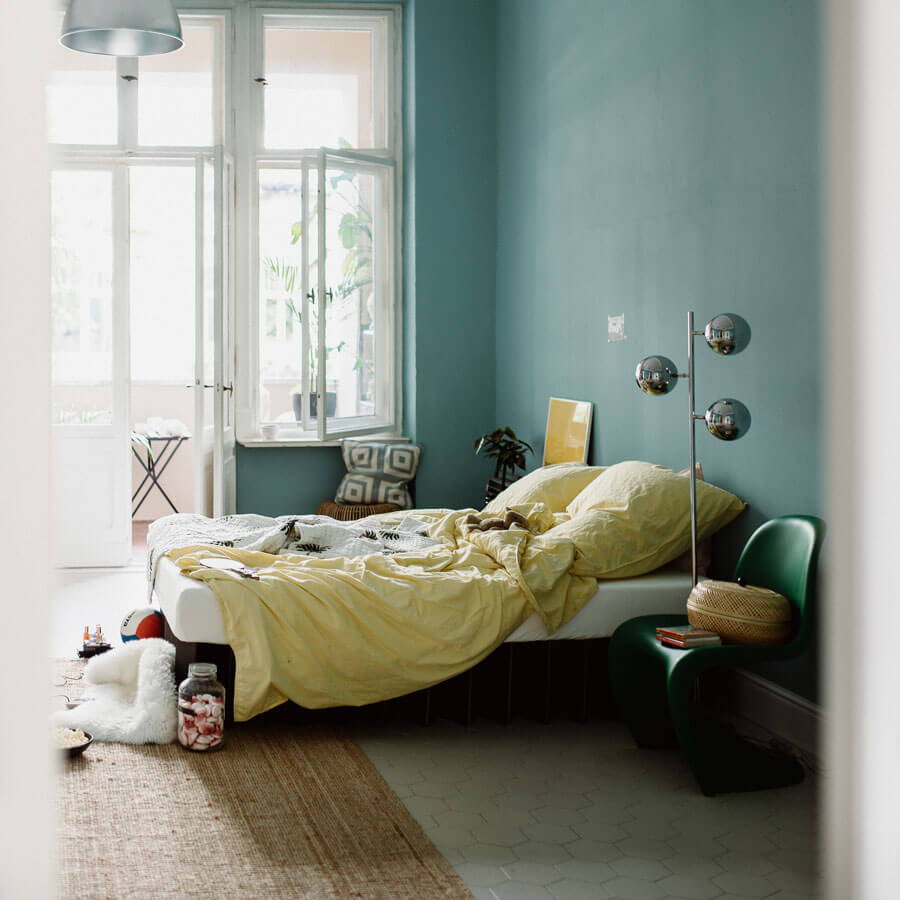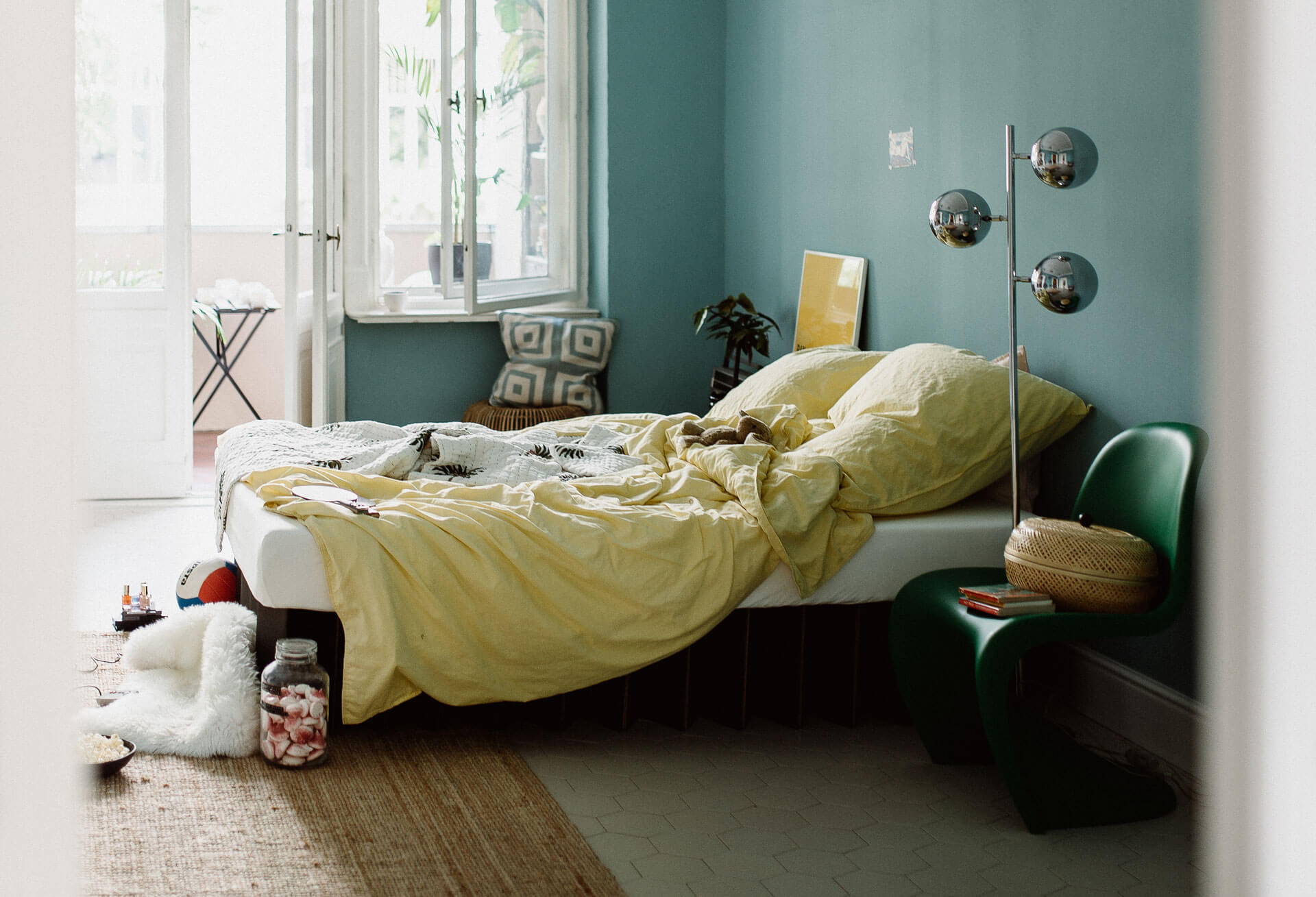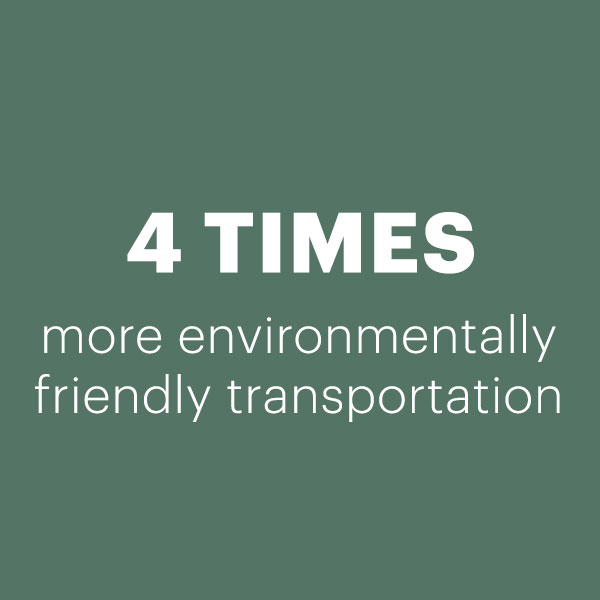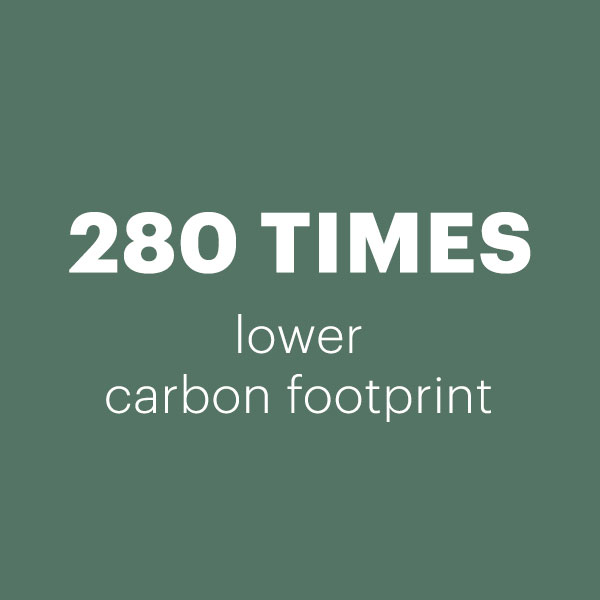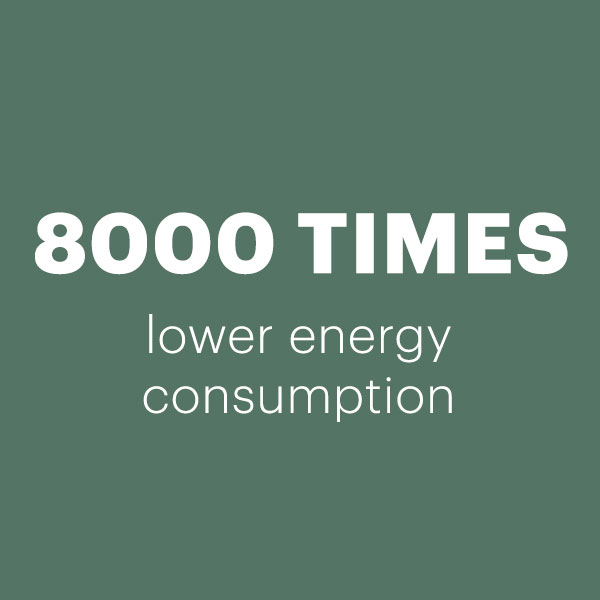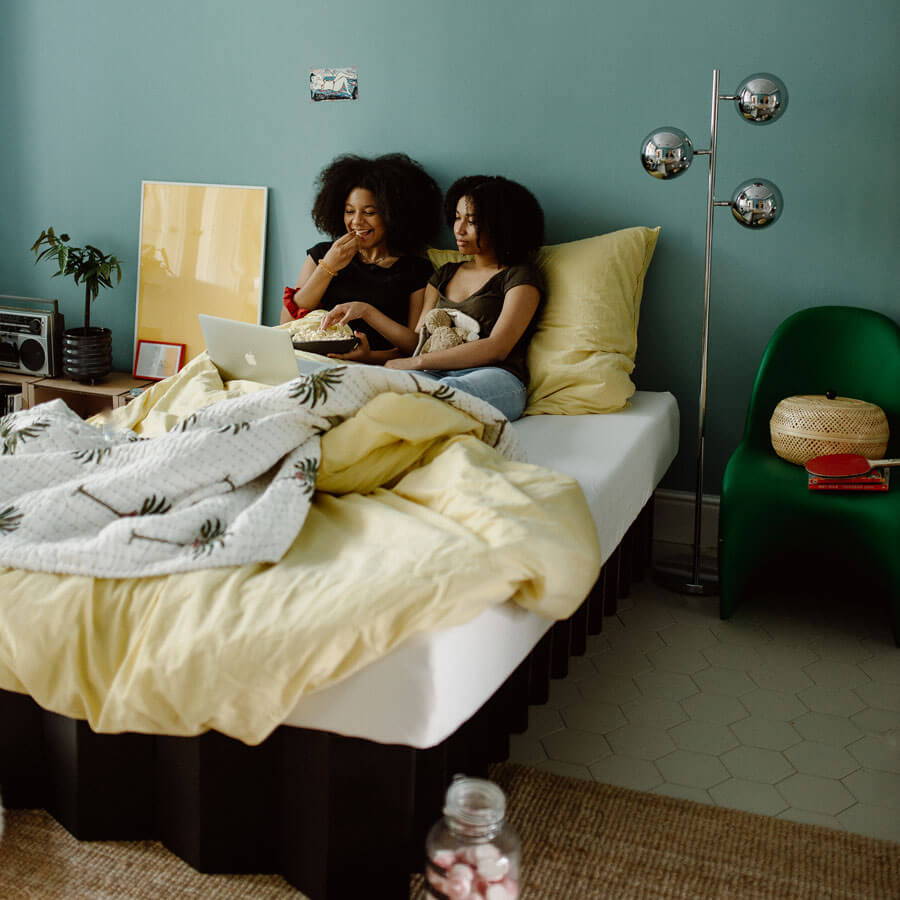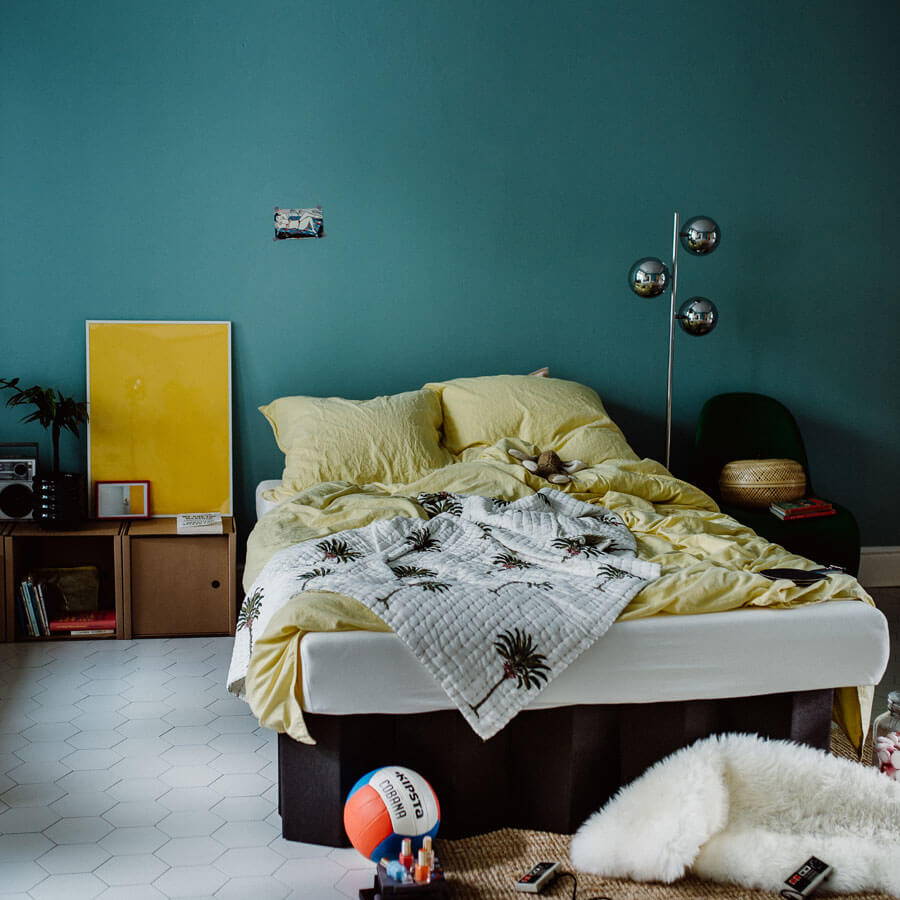Your Cart is Empty
YOU ARE BEING REDIRECTED
You are now being redirected to the website of RIAB North America LLC, a legal entity independent of ROOM IN A BOX GmbH & Co. KG. Please note that any legal transactions conducted through the website of RIAB North America LLC are solely with RIAB North America LLC
OK
